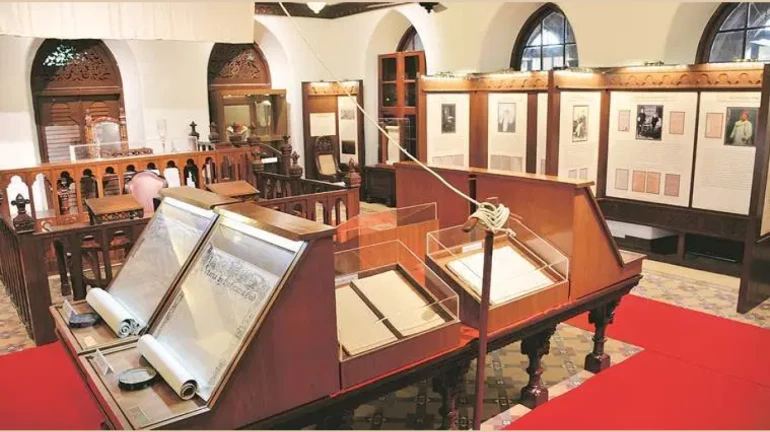
The Bombay High Court’s decision to uphold the eviction of the Paraplegic Foundation from its long-standing premises in Lokmanya Tilak Municipal General (LTMG) Hospital, Sion, has been reaffirmed, with a directive for alternative space allocation. For decades, the Foundation has been involved in rehabilitating paraplegic patients, but its appeal against the eviction was dismissed. However, the court has ensured that the organization’s services continue by instructing hospital authorities to provide a temporary alternative facility within the hospital complex for five years.
The dispute had arisen after the Foundation was directed by the chief enquiry officer to vacate the 14,000-square-foot space it had been occupying since 1968. The eviction had been necessitated due to the hospital’s ₹660 crore redevelopment project. The Foundation had challenged this order in the civil court, but its appeal had been rejected on August 7, 2024. With the premises required for redevelopment, the hospital administration had insisted on reclaiming the space.
Following the civil court’s ruling, an appeal had been moved by the Foundation to the Bombay High Court. A single-judge bench led by Justice N.J. Jamadar had examined the matter and had found no legal or procedural lapses in the eviction order. It had been ruled that the property had belonged to the municipal corporation, and no rightful claim had been held by the Foundation over the premises.
Although the eviction order had been upheld, the court had acknowledged the Foundation’s crucial role in paraplegic rehabilitation. To ensure the continuity of treatment for patients, the hospital had been instructed to provide an alternative space of 1,400 square feet within four weeks. It had been emphasized that paraplegic patients, who had been dependent on the Foundation’s services, should not face sudden disruptions in their rehabilitation process.
A deadline of April 30, 2025, had been set for the Foundation to vacate the current premises. While the ruling had favored the hospital’s redevelopment plans, the court had balanced the need for infrastructure expansion with the importance of uninterrupted patient care. By granting a temporary alternative facility, an effort had been made to prevent paraplegic patients from being left without essential rehabilitation services.
This decision had reaffirmed the necessity of public infrastructure development while ensuring that essential healthcare services were safeguarded during the transition. The Foundation’s long-term future had remained uncertain, but immediate measures had been put in place to support its ongoing work





